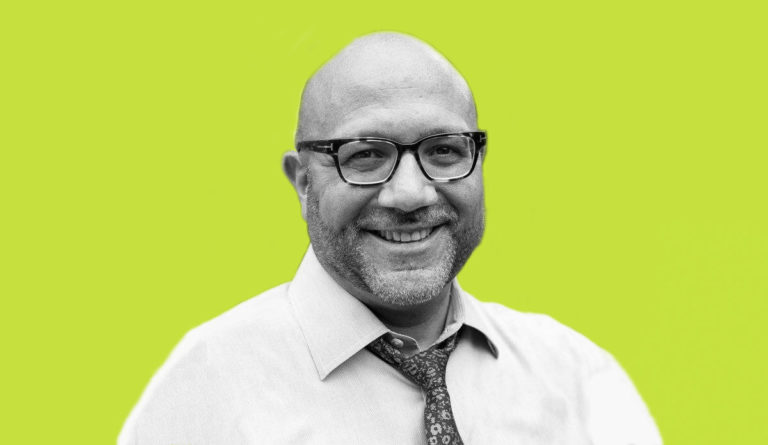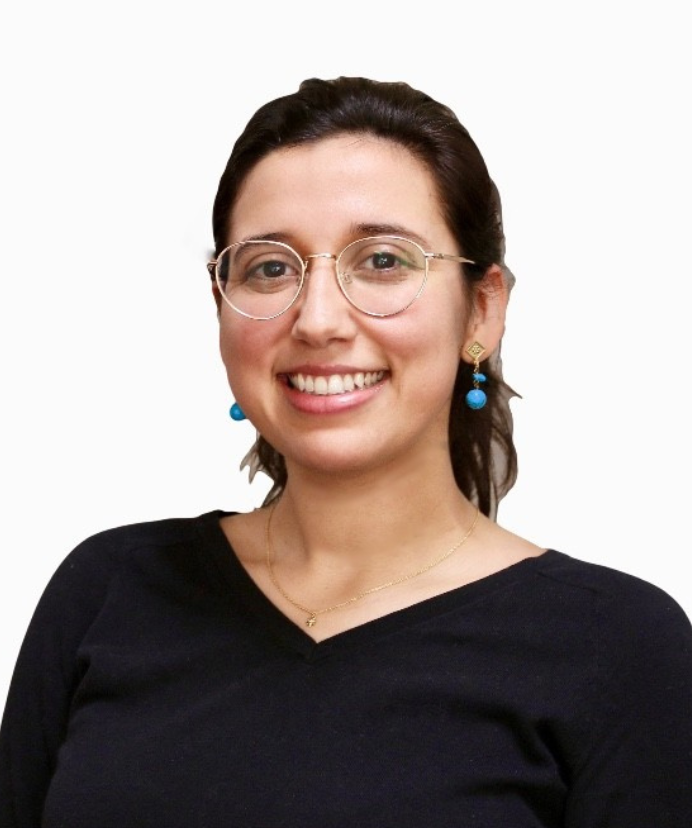Jeffrey Sánchez: Growing up in Public Health
How can we make public health a part of a people's culture and community? Public Health Post Fellow Julia Garcia asks Jeffrey Sánchez.

Read Time: 5 minutes
Published:
For more than 16 years as a Massachusetts State Representative, Jeffrey Sánchez successfully championed public health policies and legislation centered on improving the health and well-being of his constituents in the 15th Suffolk district, as well as residents throughout the Commonwealth. Previously, Jeffrey served as the chair of the Joint Committee on Health Care Financing and the chair of the Joint Committee on Public Health, as well as the vice-chair of the Joint Committee on Economic Development. Sánchez is an instructor at the Harvard University T.H. Chan School of Public Health.
Long before he was elected to the Massachusetts House of Representatives, Jeffrey Sánchez was a kid growing up in the culture of public health. He was the son of an activist mother who led successful efforts to improve living conditions for Mission Hill residents. Unhappy with the health care options in New York, she had moved the family to Boston seeking a second opinion about the care of an ill daughter. Sánchez and his family have lived in the city ever since.
He was born in New York, but when I ask he tells me he’s “New-eurican.” That’s short-hand for being from both New York and Puerto Rico. “I’ll tell anyone who’ll listen,” he jokes bilingually. He describes himself as the sort of person “everyone wanted to be around.” The description checks out. Sánchez is exceedingly approachable and loves to talk about the history and culture of Mission Hill, from its Irish roots to the neighborhood becoming increasingly Latino, from a residential area with reasonably priced housing to a high-priced ward, forcing long-time residents outside of the neighborhood in search of something more affordable.
He says he “didn’t necessarily like politics,” although it was something he observed from a young age as his mom brought him to community meetings and invited policymakers and neighbors into their home. “I had public health in my house by virtue of the environment that we lived in,” he explained. “The conditions of the projects were horrible, so my mother and a group of other folks started fighting the housing authority, saying ‘you have to do something about these housing conditions,’ which essentially secured that housing development for the future.”
Sánchez became a regular at 1545 Tremont St., Boston’s Basilica, a short walk from the housing projects where he grew up. When I asked to meet him somewhere in Mission Hill for this interview, that’s the address he gave me. “This church was my sanctuary,” he told me, “I spent all my time here, the church was the center of the community.” Churchgoers and priests stop to say hello as we speak. Moments later, we step outside to continue our walking tour of his old stomping grounds and he recognizes a woman on the street who’s pushing a stroller. Again, they speak for a few minutes (in Spanish) and he leans over to kiss the baby. Later in the afternoon it would happen again as we were walking through one of Mission Hill’s green spaces. A young man exercising stops to say hello to Sánchez, and as we say goodbye he casually tells me: “That’s my godson.” With each encounter I’m struck that he not only knows people in Mission Hill, but he truly cares for them, in a way you wouldn’t imagine most legislators do.
We have to permeate these cultures and communities with the language of public health if we really want to reach them, he explains. It’s something his mother tried to do.
To Sánchez, public health is about community, but he knows that making policies play out in the real world is one of the field’s great challenges. “How do you make sure public health is being delivered so people feel it as part of their culture and community?” We have to permeate these cultures and communities with the language of public health if we really want to reach them, he explains. It’s something his mother tried to do. Despite being members of a strict Catholic community, his mother and other activists promoted teen pregnancy prevention strategies. “Can you imagine?” he asks me. “These seriously Catholic women handing out condoms?”
Today Sánchez calls himself a “practical progressive,” and says policymakers should spend their time working on policies we can actually implement. “Everyone wants single payer now, but how are they going to implement it and who’s going to own it?” He says Chapter 58 (the Massachusetts health reform blueprint for the ACA) was successful because everyone owned it–citizens, the government (both state and federal), and the business community. “It all comes back to the idea of shared responsibility and respect,” he said, “I might hate everything you have to say, but what are you going to do when my kid is sick?” he asked. “You care, you help out.”
His accomplishments are impressive and numerous–he helped pass health care reform in Massachusetts in 2006; he was appointed the Co-Chair of the Joint Committee on Public Health in 2009; he was the Chair of the House Committee on Ways and Means, and passed a $43 billion budget in 2018 to pay for Massachusetts’ sprawling health care system. He’s worked to improve early education, affordable housing, trans rights and marriage equality, among numerous other public health issues. Now that he’s left the House of Representatives, Sánchez has taken on some new projects. Last Spring he taught a seminar at the Harvard School of Public Health and he’s staying involved in his community, not to mention spending more time with his wife and children.
At one point, Sánchez asks my plans after graduate school. He wants to know if I plan to stay in Boston. “Students come and go in this town,” he says. “No one is staying long enough to get to know these communities; who’s going to protect them?”
Photo courtesy of Jeffrey Sánchez



